
DevOps Containerization
In today's rapid-moving digital world, firms are always looking for new methods to increase their scalability, trustworthiness, and productivity in developing and rolling out software. The practice known as DevOps containerization has become a critical change-maker. It helps companies make work processes more efficient, use resources better, and deliver quicker service cycles. Containerization DevOps also connects development with operations using advanced tools such as Docker and Kubernetes for easy application deployment across different settings.
Book a consultation now!

Maksym Kashcheiev
Head of Business Development
What is Containerization in DevOps?
Containerization in DevOps is a practice where an application and all the things it depends on are put together in one container that can be moved easily. This ensures the app works the same no matter what environment – the development stage or testing period or when finally running live for users to use. Containers need very little space as they only require the operating system kernel from your computer, making them quick to get up and going. Unlike regular virtual machines, containers give strong isolation and use fewer resources.
This technique has changed DevOps by solving issues such as environmental differences, allowing more effortless movement between development and operations. Tools including Docker and Kubernetes play a key part in containerization, providing abilities to build, control, and arrange containers. The uniformity and transportability of containers simplify processes, speed up deployment periods, and increase scalability, making them an essential element for current DevOps methods.
Benefits of Containerization in DevOps
Consistency Across Environments
Containerization ensures that applications behave the same in development, testing, and production. This eliminates the "it works on my machine" problem and enhances reliability across the software delivery lifecycle.
Faster Development and Deployment
Containers allow developers to package applications with their dependencies, enabling rapid testing and deployment. This accelerates release cycles, which is a core goal of modern DevOps services.
Scalability with Kubernetes
Tools like Kubernetes make it easy to scale containerized applications dynamically based on demand. This capability is essential for handling traffic spikes while optimizing resource usage.
Microservices Enablement
Containerization supports the development of microservices, where each service can be independently deployed, updated, and scaled. This architecture improves agility and simplifies the management of complex applications.
Resource Efficiency
Containers utilize the host operating system's kernel, making them significantly more resource-efficient than traditional virtual machines. This optimization minimizes infrastructure costs while enhancing overall performance.
Enhanced Security
Containers isolate applications, minimizing the risk of vulnerabilities spreading across the system. This makes containerization a valuable solution for ensuring a secure and reliable deployment environment.
DevOps Containerization Tools We Use

Docker

LXD

Kubernetes
Examples of Containerized Applications
DevOps Containerization Process
The containerization process involves a structured approach to packaging, deploying, and managing applications in isolated environments called containers. This process ensures consistency, scalability, and efficiency across the software development lifecycle, enabling businesses to deliver high-quality solutions faster.
Defining the Purpose of Containerization
The first step is identifying the purpose of containerizing an application. Whether improving scalability, simplifying deployment, or enabling microservices, understanding the specific goals helps shape the containerization strategy. A DevOps containers solution provider assists in aligning the containerization approach with business objectives.
Preparing the Application and Environment
To begin containerization, developers package the application with its dependencies, libraries, and configuration files. This preparation ensures the application runs consistently across environments. DevOps services provide tools and expertise to streamline this step and address potential compatibility issues.
Building and Configuring Containers
Containers are created using tools like Docker, where developers define the application and its dependencies in a Dockerfile. This file serves as a blueprint for the container, enabling reproducible builds. DevOps containers solutions often include best practices for creating lightweight and efficient containers.
Orchestrating with Kubernetes
For larger-scale applications, Kubernetes development is used to orchestrate and manage containers. Kubernetes automates deployment, scaling, and load-balancing tasks, making it a vital component of modern DevOps containerization services.
Testing and Deployment
Once the containers are built, they undergo rigorous testing to ensure reliability and performance. After validation, they are deployed to production environments. DevOps containers service providers offer CI/CD pipelines to automate this process, reducing manual effort and accelerating delivery.
Continuous Monitoring and Optimization
After deployment, containers are continuously monitored for performance, security, and resource utilization. Insights gained from monitoring enable container solution providers to optimize the application and infrastructure, ensuring long-term efficiency and scalability.
Why Clients Choose ARTJOKER?
Expertise in Containerization Services
Artjoker offers top-tier containerization services, ensuring efficient, scalable, and reliable application delivery tailored to client needs.Customized Solutions
We provide container solutions designed to meet each business's unique goals and challenges and deliver purpose-driven results.Kubernetes Development Excellence
Our team excels in Kubernetes development, enabling seamless container orchestration and management for complex and dynamic applications.Proven Track Record
As a trusted container solution provider, we have a history of successfully delivering high-performance solutions across various industries.Focus on Innovation
Artjoker integrates the latest technologies and practices, ensuring our clients stay ahead in the rapidly evolving digital landscape.End-to-End Support
We offer comprehensive support, from initial planning to deployment and continuous optimization, making us a preferred partner for container service needs.
Certifications and Recognitions
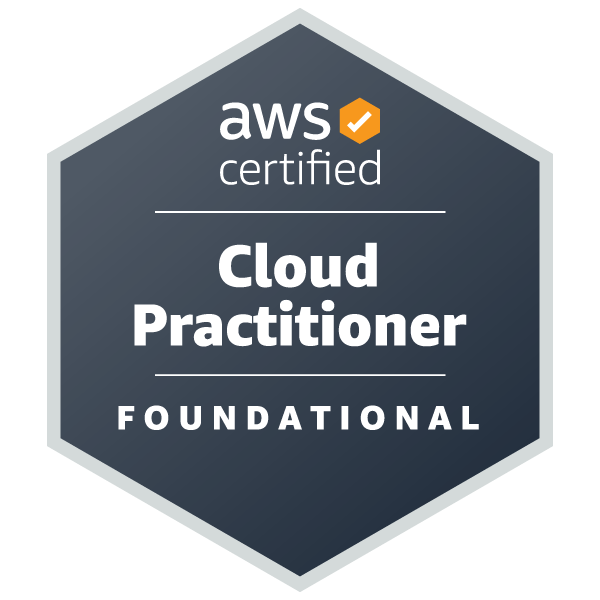
AWS Certified Cloud Practitioner
-
Interviewed by GoodFirms

Top DevOps Managed Services Company

Top Google Cloud Company
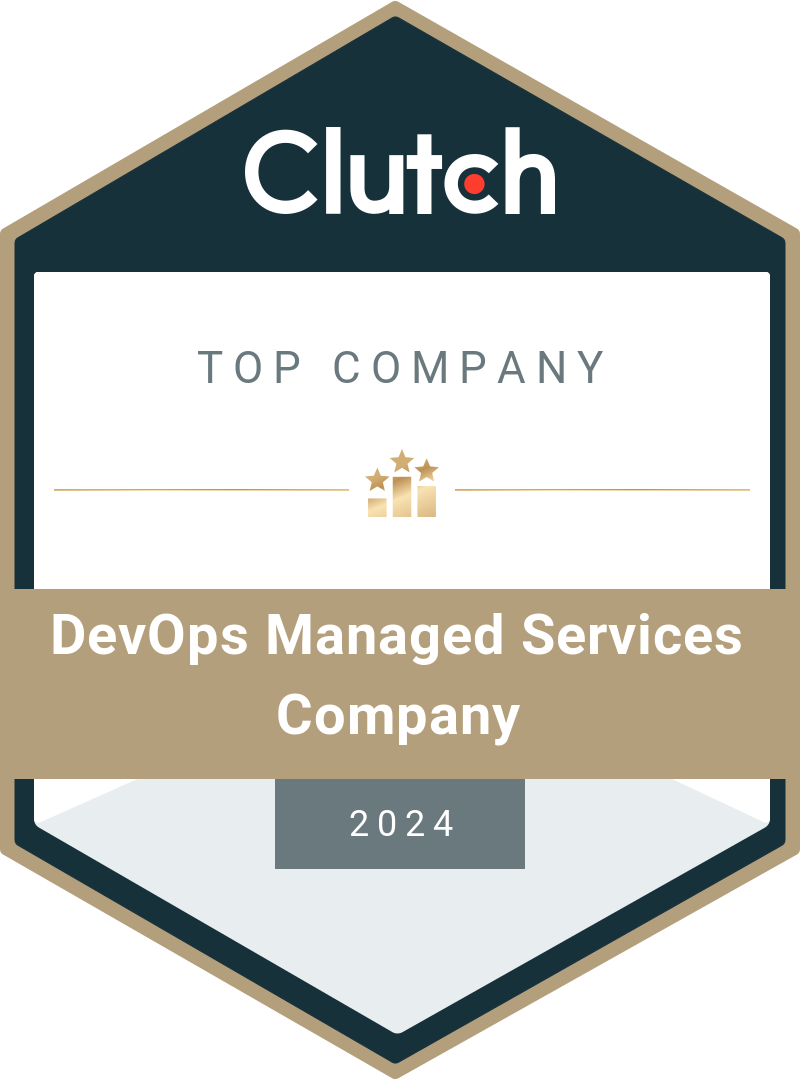
Devops Managed Services Company 2024

Global Award Spring 2024

Fastest Growth 2024
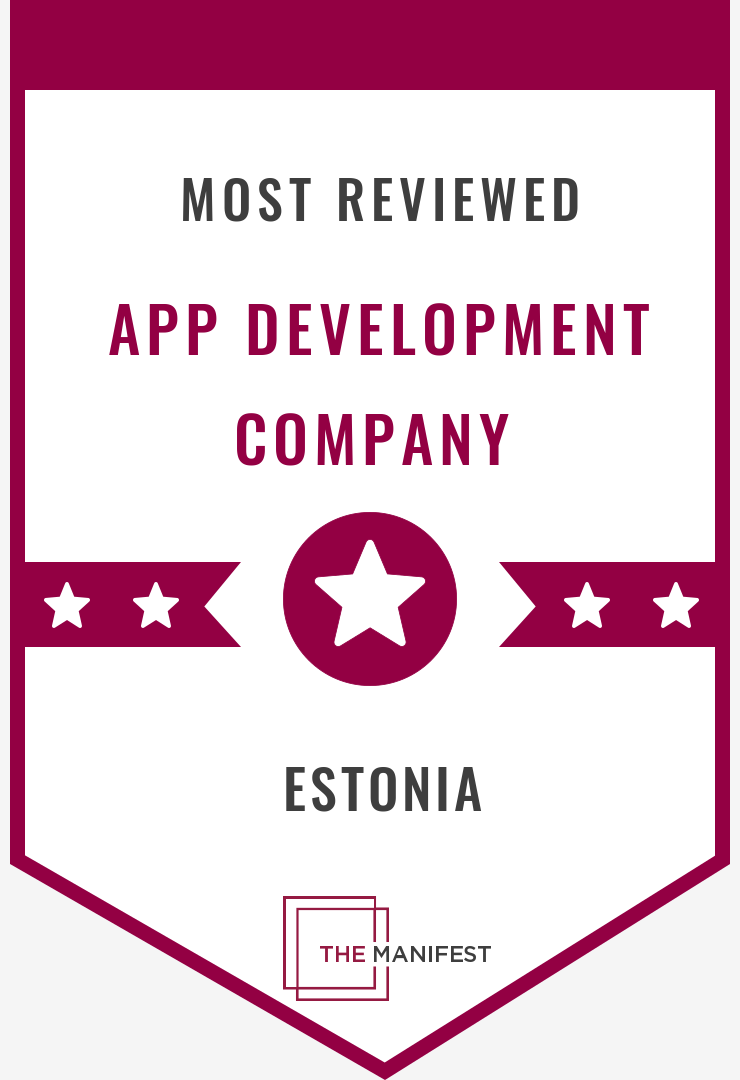
Most Reviewed App Development Company
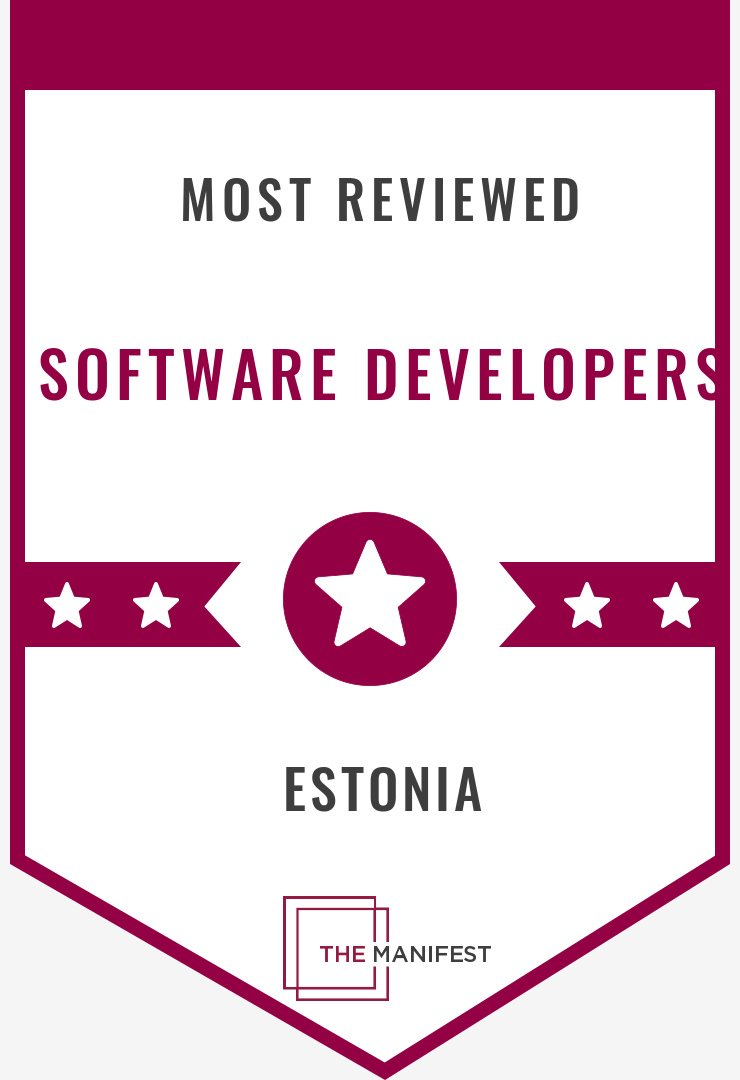
Most Reviewed Software Developers
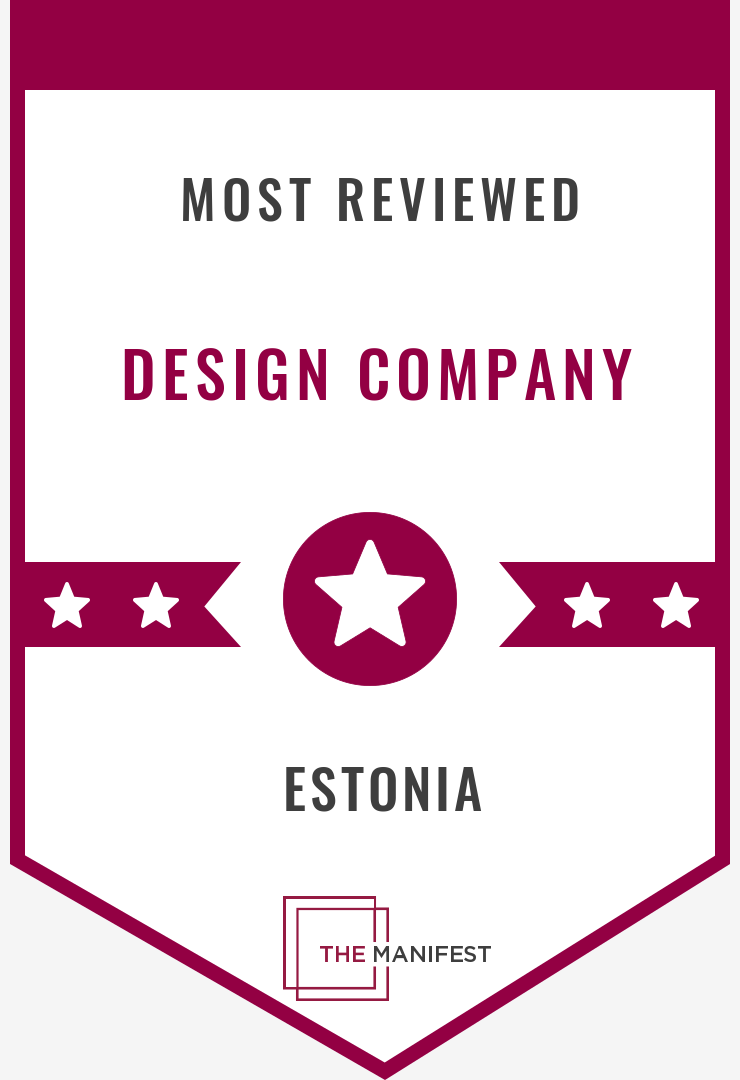
Most Reviewed Design Company

Global Award Fall 2023

Top Real Estate Software Developers

Top Company Ukraine

FAQ
How Containers Work in CI/CD?
What Is the Main Benefit of Using Containerization in DevOps?
Our Partners
At Artjoker, we are proud to collaborate with a diverse range of partners who trust us to deliver innovative and reliable solutions.
Customers Feedback
Hearing from our customers is an essential part of our journey at Artjoker. Here’s what our clients have shared about their experience working with us.
your business
together
- PROJECT INQUIRIES info@artjoker.net
- CALL US +1 213 423 05 84
contact us:










































